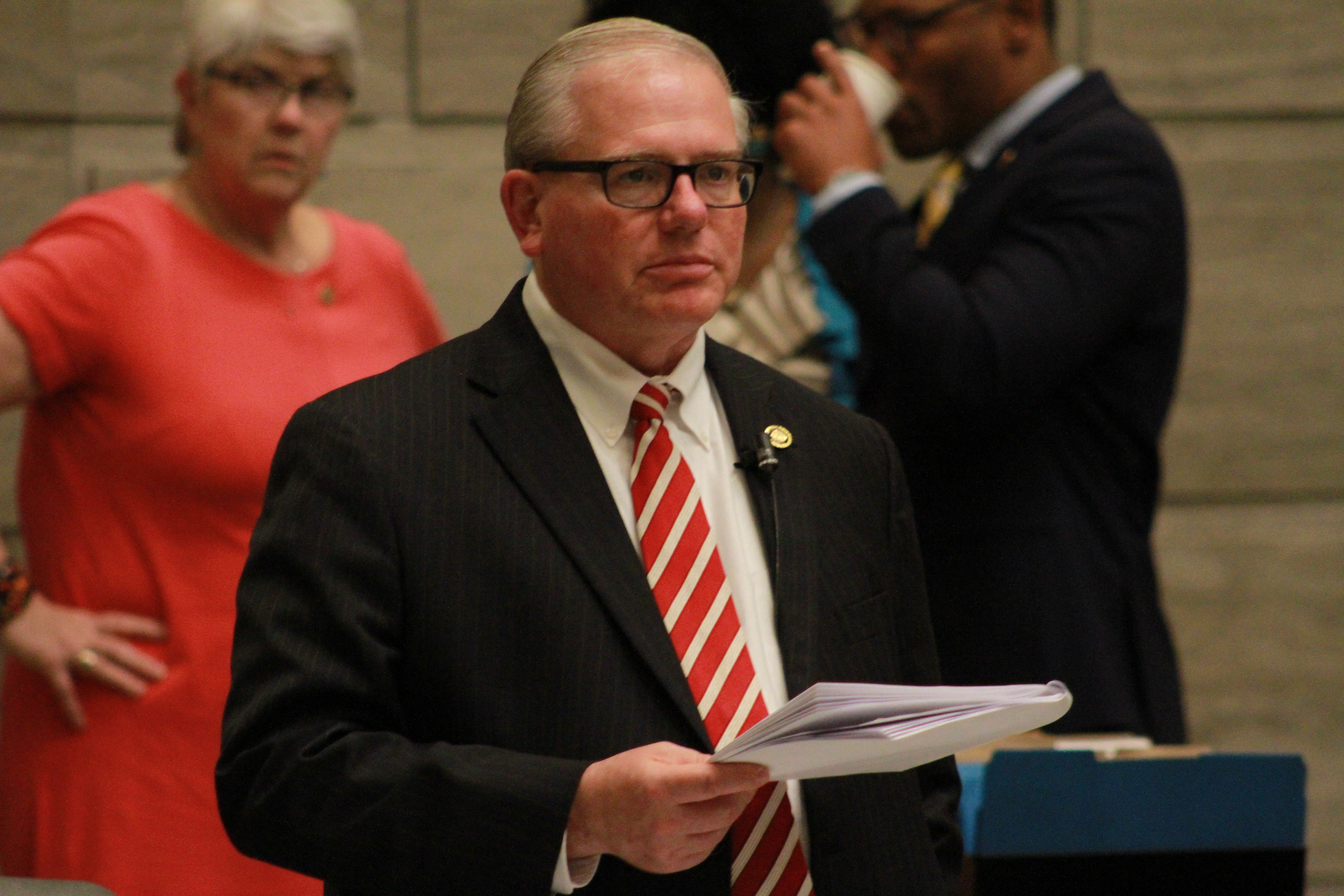As elected officials vacate Jefferson City and return to their families and jobs, The Missouri Times is bringing you updates on initiatives that didn’t quite make it through this year’s shortened session. The “Next Steps” series will showcase progress made on certain legislative issues and take a look ahead at what could come next.
Missouri’s court plan takes a selection of qualified applicants for a judicial vacancy chosen by a nonpartisan commission and gives the governor the chance to select appointments from the pool. Though the plan has been adopted by many states based on its intended impartiality, a resolution proposed this year would have seen the established procedure expanded in Missouri.
SJR 39, proposed by Republican Sen. Dan Hegeman, would have reformed the existing court plan to allow the governor more choices in selecting replacement judges. The plan now allows the governor to pick from three candidates, but Hegeman’s proposal would eliminate that cap.
“The nonpartisan court plan is not a perfect document, despite what some of its advocates tend to think, and there is room for improvement on it,” Hegeman told The Missouri Times. “My idea is to give the governor more choices in the process by expanding the number of individuals he can select from. The idea changed a little through the years with input from senators and other folks, and we may make changes again. It doesn’t do away with the plan; it just modifies it to give the governor more choice in the process.”
Hegeman has introduced the resolution every year since 2016. The measure would have to pass both chambers and successfully go before voters to amend the state constitution. However, it has not made it past the upper chamber in any iteration so far.
“Originally, we had it designed where all qualified applicants would be sent to the governor and really [leave] it to the panels to determine what the qualifications are,” Hegeman said. “That’s maybe overly broad, so in later versions, we had discussed narrowing it down from five to three. A larger pool would let the governor take some regional variations into account as well.”
Hegeman said he’s been critical of Missouri’s Western District Court for its lack of rural representation — an issue with regional diversity he sees throughout the state’s higher courts.
“There’s also not a single judge on the Supreme Court from the Southern Court of Appeals territory. In my mind, to wholly ignore a whole portion of the state doesn’t reflect how diverse Missouri really is. Broadening the choices the governor has hopefully would accomplish that goal,” he said. “I don’t represent anything in the southern district, but I hate to think the area’s not represented in the courts.”
The expanded plan was supported in committee this year by representatives of the Associated Industries of Missouri and Missouri Chamber of Commerce and Industry. Hegeman said most of the opposition came from the Missouri Bar and Missouri Association of Trial Attorneys (MATA), which opposed alterations to a system they said already works.
“The nonpartisan court plan was ahead of its time when it was first implemented, and it has worked out very well since then,” MATA President Brett Emison told The Missouri Times.
He said the plan was created in a time when partisan control was rampant in the courts and attempted to take politics out of the process as much as possible. He argued the reform would work against that original purpose.
“If you look at the language, SJR 39 pretty much eliminates the process and makes the commission a nominal entity since all qualified nominees would be added to the list,” Emison said. “You might as well not have a nomination commission if you’re sending all the names to the governor. It eliminates that political check.”
As far as support from the legislators in the General Assembly, Hegeman said it’s received a mixed response.
“It’s been kind of along the partisan lines, I’ve seen support from some lawyers in the legislature as well as some mixed responses, you know; Democrats have mostly been against the changes,” he said. “Some of them are reluctant to say one way or the other because they may have a practice with judges who are selected by that system, so I can fully understand that profession-based reluctance, and I don’t begrudge them for supporting it silently.”
Hegeman still sees the current form of the plan as flawed and hopes to try reforming it again in 2021.
“I fully intend to sponsor it again next session,” he said. “I continue to get input from legislators with some good ideas so we may incorporate those into future pieces. It’ll probably be very similar to the bill I’ve sponsored in the past, but with some minor tweaks. We haven’t drafted anything yet, but we think it’ll be very similar to the bills we’ve filed in the past. I’m still convinced there need to be some changes to the court plan and I’ll be trying to get this across the floor again next year.”
































